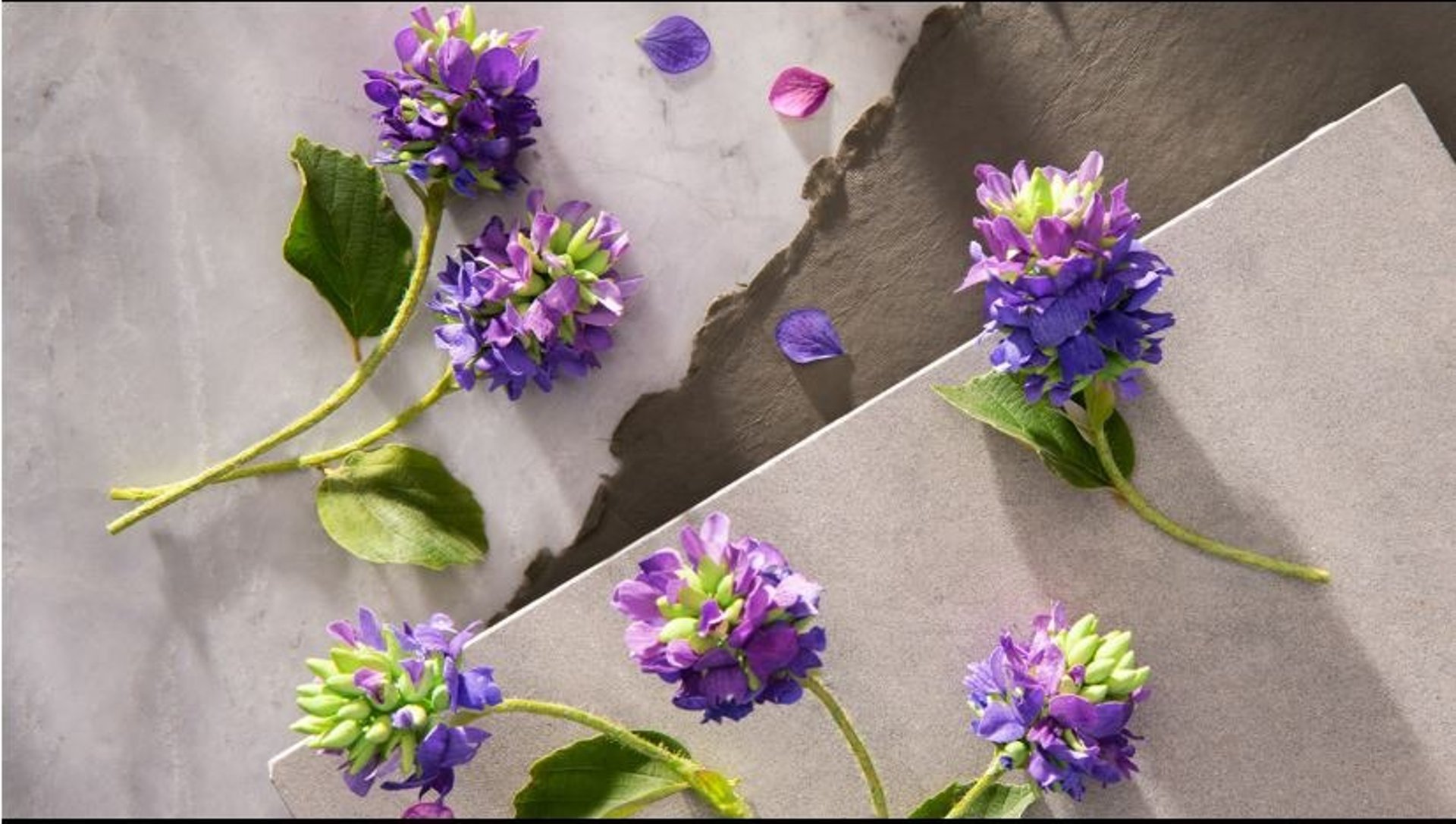
Bakuchiol vs Retinol - The Gentle Anti-Aging Alternative That Actually Works
3 min read
Retinol vs Bakuchiol - The Science Behind Nature's Anti-Aging Alternative
In the ever-evolving landscape of anti-aging skincare, a new contender has emerged to challenge the gold standard of retinol. Bakuchiol, a plant-derived compound, has garnered significant attention from both researchers and consumers seeking gentler alternatives to traditional retinoids. Online there's excitement, but also skepticism surrounding this botanical ingredient. Today, we'll examine some of the scientific evidence to understand how bakuchiol compares to retinol and whether it truly deserves its reputation as a "natural retinol alternative."
Understanding Bakuchiol - The Plant-Based Alternative
Bakuchiol is a meroterpene phenol derived from the seeds and leaves of the Psoralea corylifolia plant, commonly known as babchi. This plant has been used in traditional Chinese and Ayurvedic medicine for centuries, but its anti-aging properties have only recently been scientifically validated through modern research methodologies.
Unlike retinol, which requires conversion to retinoic acid to become active, bakuchiol works through different molecular pathways while achieving similar anti-aging outcomes. This fundamental difference in mechanism of action is what makes bakuchiol particularly interesting from a skincare perspective.
The Landmark Clinical Evidence - The Pivotal Comparative Study
The most significant research comparing bakuchiol to retinol was published in the British Journal of Dermatology in 2019. This prospective, randomized, double-blind study directly compared 0.5% bakuchiol cream applied twice daily with 0.5% retinol cream applied once daily over 12 weeks in 44 subjects with facial photoaging.
The study demonstrated that "bakuchiol and retinol both significantly decreased wrinkle surface area and hyperpigmentation, with no statistical difference between the compounds". Both treatments showed measurable improvements, with results being most marked after the full 12 weeks of treatment.
Critically, the retinol users reported more facial skin scaling and stinging compared to the bakuchiol group, establishing bakuchiol's superior tolerability profile.
Research has also demonstrated that bakuchiol may have the ability to stimulate new collagen synthesis and inhibit the same processes that retinol inhibits to prevent extracellular matrix degradation, providing molecular evidence for bakuchiol's anti-aging mechanisms.
Mechanisms of Action - How They Compare
Retinol's Established Pathway
Retinol works by converting to retinoic acid, which then binds to retinoic acid receptors (RARs) and retinoid X receptors (RXRs) in the nucleus. This binding activates specific gene transcription programs that increase collagen production, accelerate cell turnover, and regulate pigmentation.
Bakuchiol's Unique Approach
Similar to retinoids, bakuchiol appears to stimulate collagen producing receptors in the skin, but through different molecular pathways. The compound demonstrates several key mechanisms:
Collagen Stimulation. Bakuchiol could promote collagen COL1A1 and COL3A3 production
Anti-inflammatory Activity. Bakuchiol inhibits inflammatory factors by enhancing the transcription of anti-inflammatory genes
Antioxidant Properties. Bakuchiol demonstrates antioxidant activity, providing protection against environmental damage that retinol cannot offer to the same degree.
Matrix Protection. Reduced collagenase activity and significant free radical scavenging activity.
Clinical Advantages and Limitations
Bakuchiol's Advantages
Superior Tolerability. The most significant advantage of bakuchiol is its gentle nature. Bakuchiol is considered gentler on the skin and may be more suitable for people with skin sensitivities like rosacea or eczema.
Antioxidant Benefits: The additional antioxidant properties provide protection against environmental damage that retinol cannot offer.
Daytime Use: Bakuchiol doesn't increase photosensitivity, allowing for both morning and evening application.
Retinol's Continued Advantages
Extensive Research Base. Retinol has decades of clinical research supporting its efficacy across multiple skin concerns.
Proven Potency. For severe photoaging or specific concerns like melasma, retinol's more potent mechanism may be necessary.
Cost-Effectiveness. Retinol products are generally more affordable and widely available.
Versatility. Retinol addresses acne, hyperpigmentation, and aging simultaneously.
Practical Clinical Recommendations
Who Should Consider Bakuchiol?
Bakuchiol is particularly suitable for:
Women with sensitive skin or rosacea
Those who have experienced retinoid dermatitis
Individuals seeking daytime anti-aging treatment
Individuals preferring natural or plant-based ingredients
Who Should Continue with Retinol?
Retinol remains the better choice for:
Severe photoaging requiring aggressive treatment
Acne treatment (bakuchiol has limited anti-acne evidence)
Cost-conscious patients
Those already tolerating retinoids well
Specific pigmentation disorders requiring proven treatments
Formulation and Application Guidelines
Bakuchiol Usage
Can be applied morning and evening
Typical effective concentrations: 0.5-2%
Often combined with other botanicals like vitamin C or niacinamide
No specific "retinization" period required
Combining with Other Ingredients
Bakuchiol's gentle nature allows for easier combination with:
Alpha hydroxy acids
Vitamin C serums
Niacinamide
Peptides
Hyaluronic acid
The Evidence Verdict
A small study found bakuchiol to be just as effective at erasing fine lines and improving skin color as retinol, but with less peeling and burning. However, it's important to acknowledge that the research base for bakuchiol, while promising, is still limited compared to retinol's extensive clinical history.
The current evidence suggests that bakuchiol offers a viable alternative for women seeking anti-aging benefits without retinoid-associated irritation. Bakuchiol may be a promising natural alternative to topical retinol in terms of efficacy and safety.
In conclusion...
Bakuchiol isn't merely marketing hype—it's a scientifically validated alternative to retinol with distinct advantages in tolerability and additional antioxidant benefits. While it may not completely replace retinol for all women and conditions, it offers a compelling option for those seeking effective, gentle anti-aging treatment.
The choice between retinol and bakuchiol should be individualized based on skin sensitivity, specific concerns, lifestyle factors, and preferences.
As research continues to evolve, we may find that the future of anti-aging skincare lies not in choosing between these ingredients, but in understanding how to best utilize each for optimal outcomes.
*Disclaimer. The information above is based on our own research on the topic of bakuchiol versus retinol. We are not medical doctors. Please consult with your healthcare provider for personalized information and course of action.